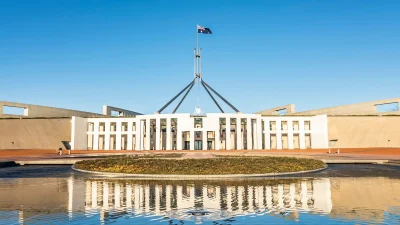ASIC upgrades MIS custody approach


The collapse of Opes Prime and the events around the loss of investor funds from Trio/Astarra have had their corollary in updated regulatory guidance from the Australian Securities and Investments Commission (ASIC) impacting custodians and Managed Investment Schemes (MISs).
The updated ASIC guidance directly acknowledged the rapidly changing environment impacting custodians but also the collapse of Trio Capital and the findings of the Parliamentary Joint Committee (PJC) which reviewed that collapse.
The ASIC explanation noted the PJC's discussion of the ‘expectation gap' between the custodian's obligations and the public's expectation of them.
"We understand this gap arises because of a misunderstanding by retail investors about what custodians actually do (act only on authorised instructions from their client or their client's agent); and what an investor might expect them to do (have any investment decision-making responsibility or oversight/supervisory functions of their own)," the regulator said.
"Given the industry changes and the PJC's focus on custody, we recognised a corresponding need to review and update our guidance," ASIC said.
It said that in developing its final position, it had considered the regulatory and financial impact of its proposals and had sought to strike an appropriate balance between promoting confidence and not imposing consequent undue cost on the sector.
ASIC said it was looking to promote confidence in the MIS and custodial industry by ensuring that the assets held by asset holders — comprising responsible entities, custodians and sub-custodians — "were held in ways that will minimise the risks to those assets" and via appropriate regulation of asset holders.
However it said wanted to achieve this without unduly increasing the burden on the industry through increased costs of compliance and ultimately investors.
In doing so, ASIC threw up two options — the status quo or a second, preferred option, which involved retaining key aspects of its current regulatory approach and strengthening its regulatory approach "where warranted to address key existing and emerging issues and risks in the industry while ensuring efficient operational arrangements exist for holding and dealing with client assets, including scheme property".
Recommended for you
T. Rowe Price believes Australian growth is successfully managing to shrug off consumer weakness, but the firm’s multi-asset team is not yet positive enough to increase its underweight position.
Iress has issued an update denying the validity of “certain statements” made by an alleged threat actor, following a cyber incident last weekend.
The latest budget papers have outlined a $10 million provision for ASIC greenwashing enforcement activity as well as funds for a sustainable labelling regime to be partially met by industry levies.
Betashares has expanded its fixed income solutions with the launch of a new ETF offering exposure to subordinated bonds issued by the big four Australian banks.















